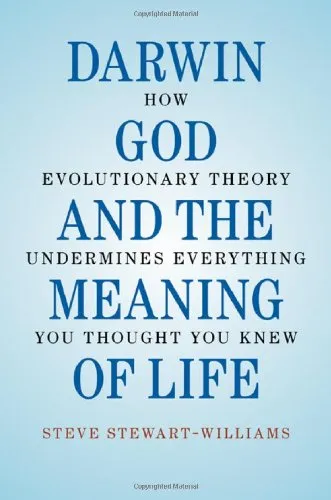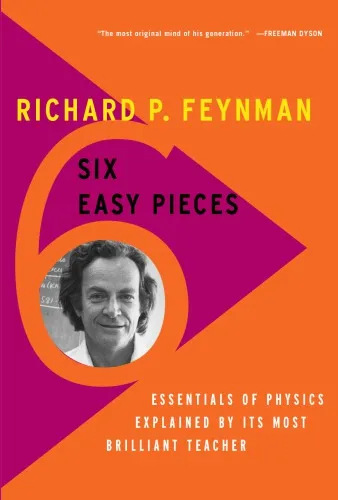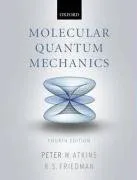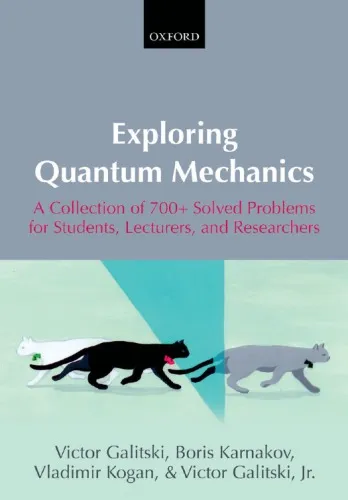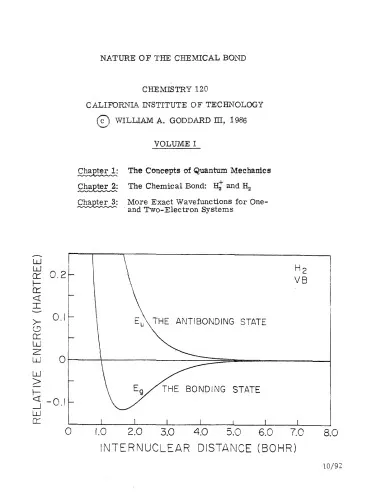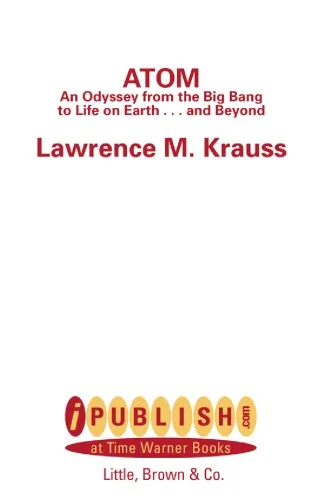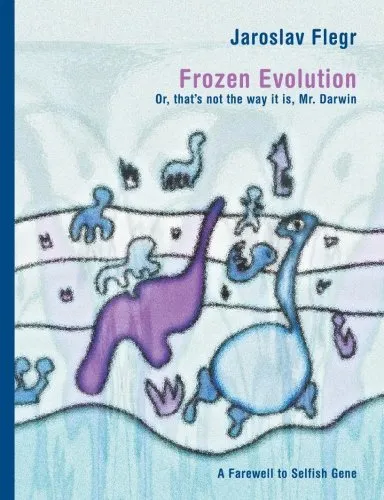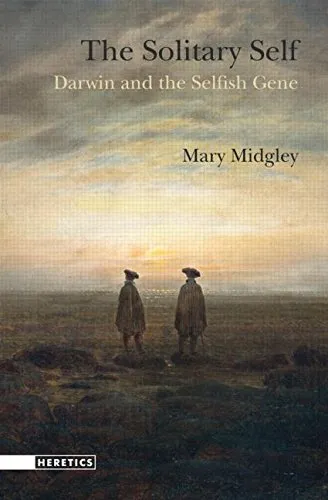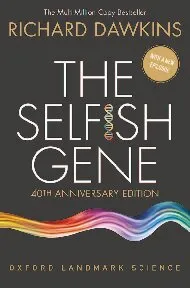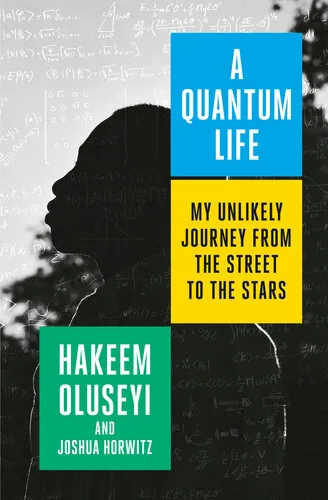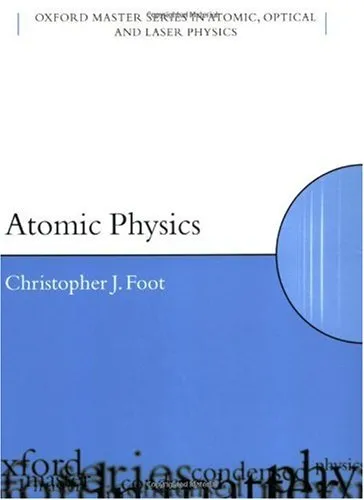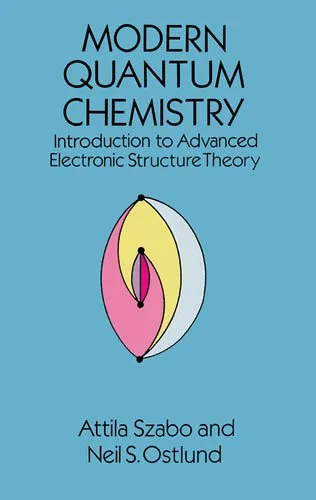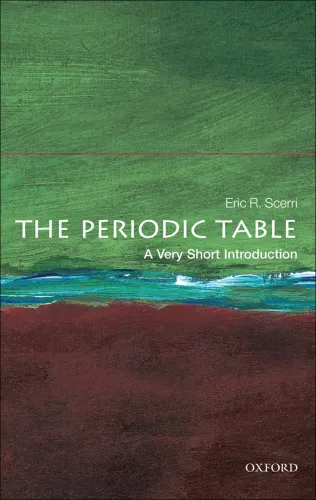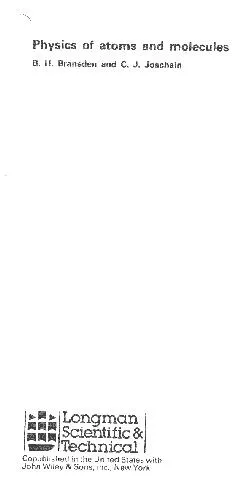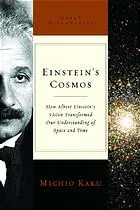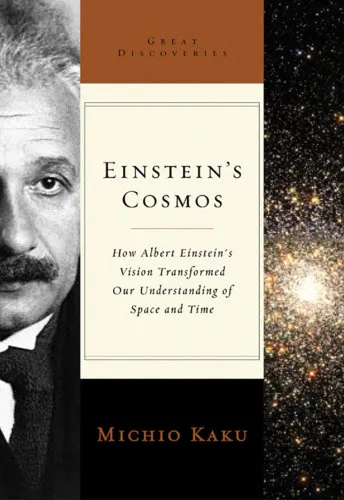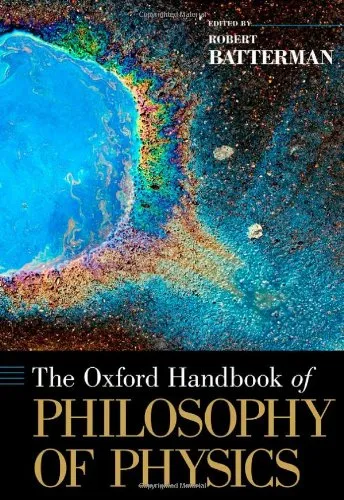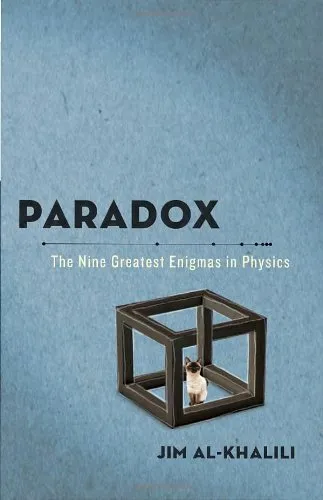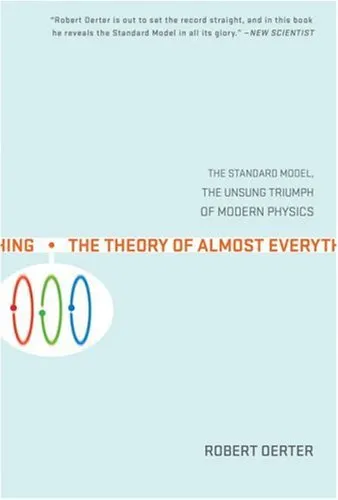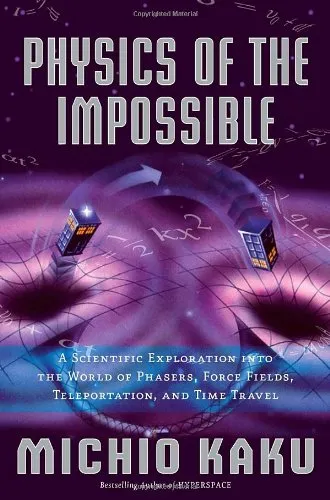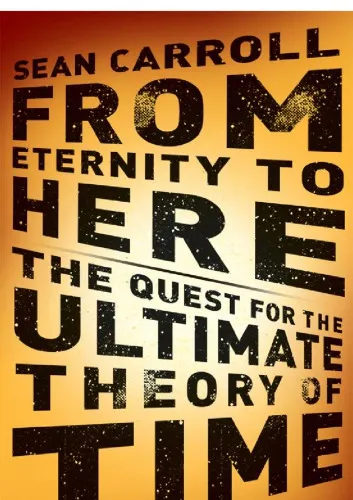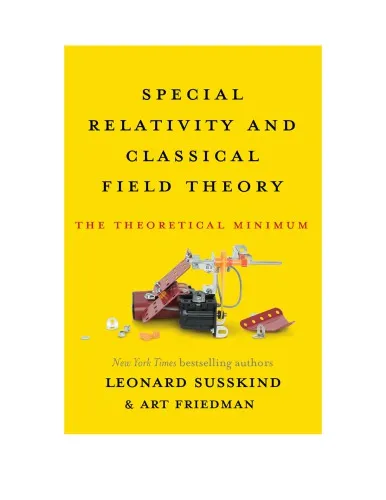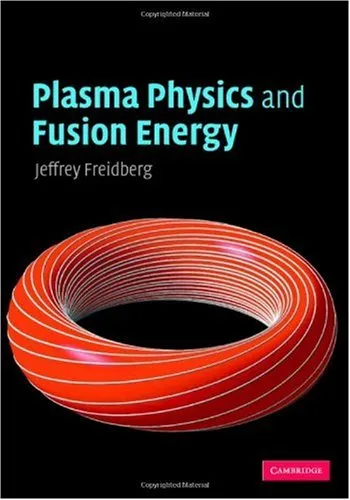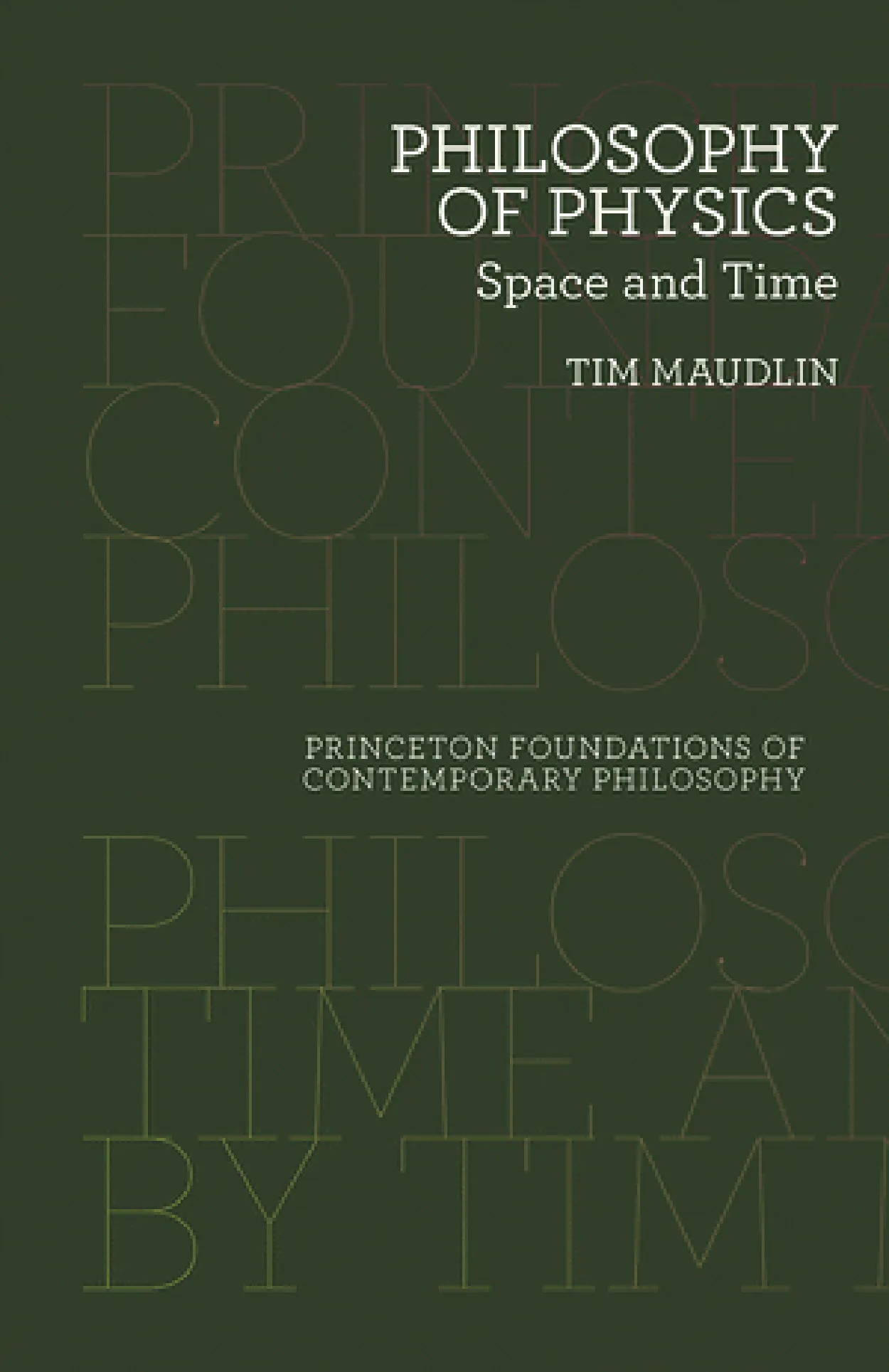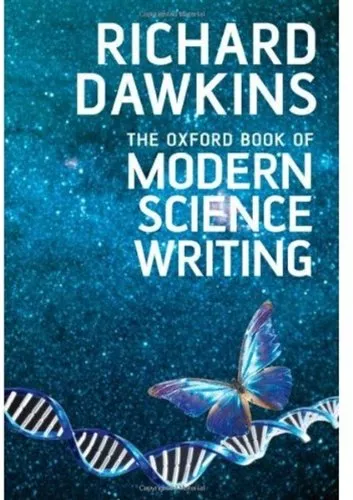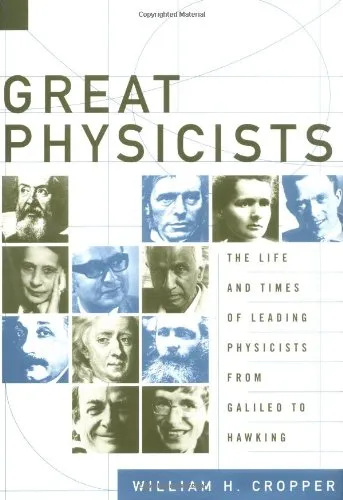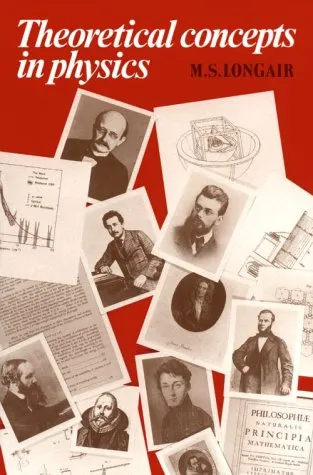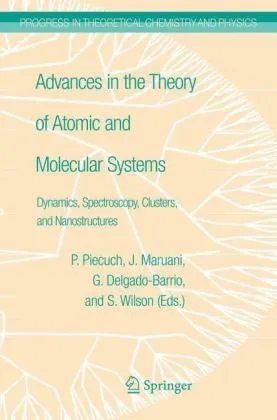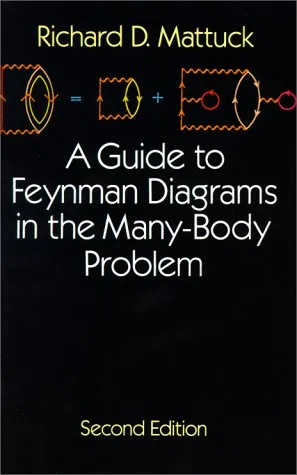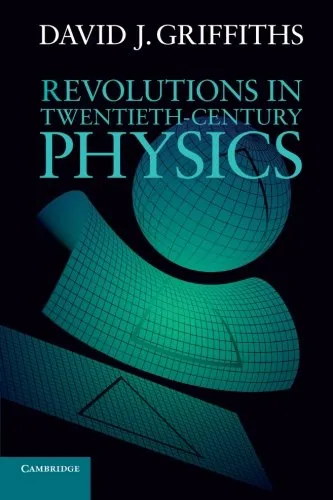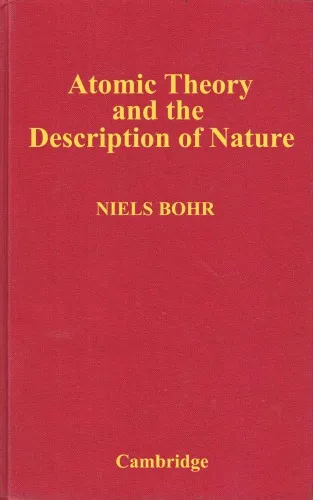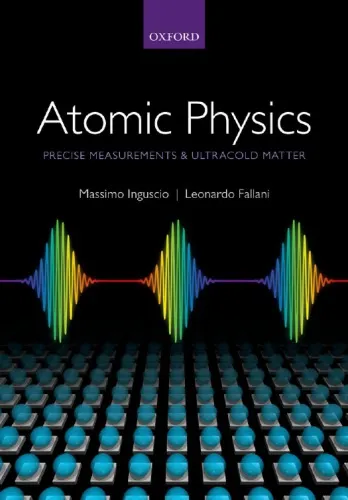Darwin, God and the Meaning of Life: How Evolutionary Theory Undermines Everything You Thought You Knew
4.4
بر اساس نظر کاربران

شما میتونید سوالاتتون در باره کتاب رو از هوش مصنوعیش بعد از ورود بپرسید
هر دانلود یا پرسش از هوش مصنوعی 2 امتیاز لازم دارد، برای بدست آوردن امتیاز رایگان، به صفحه ی راهنمای امتیازات سر بزنید و یک سری کار ارزشمند انجام بدینکتاب های مرتبط:
معرفی کتاب "Darwin, God and the Meaning of Life: How Evolutionary Theory Undermines Everything You Thought You Knew"
کتاب "Darwin, God and the Meaning of Life" نوشته استیو استوارت-ویلیامز یکی از مهمترین و تاثیرگذارترین کتابهای فلسفی و علمی قرن بیست و یکم است. این کتاب با بررسی اثرات گسترده نظریه تکامل چارلز داروین تلاش میکند مفهوم خدا، معنا و هدف زندگی را از زاویهای علمی بازتعریف کند. استوارت-ویلیامز در این اثر به موضوعات عمیق فلسفی و علمی میپردازد و با ارائه استدلالهای محکم و شواهد بیولوژیکی، درک ما از جهان، خودمان و معنای زندگی را به چالش میکشد.
خلاصهای دقیق از کتاب
این کتاب در چهارچوب پروسه تکاملی، ارتباط انسان با جهان هستی را توضیح میدهد و سؤالاتی نظیر «آیا خداوند وجود دارد؟»، «معنای زندگی چیست؟» و «چگونه انسان میتواند در جهان بدون خدا معنا پیدا کند؟» را بررسی میکند. استوارت-ویلیامز با تأکید بر این که دیدگاههای سنتی درباره خدا و معنای زندگی، محصول تفکرات دوران پیشاتکاملی هستند، نشان میدهد که چگونه نظریه تکامل میتواند جایگزینی قابل قبول برای این باورها ارائه دهد. او ادعا میکند که تکامل میتواند پایهای برای درک علمی جهان و پاسخ به سؤالات فلسفی ایجاد کند. این کتاب همچنین مفاهیمی همچون اخلاقیات، نوعدوستی، عشق و معنا را بدون نیاز به خداوند یا هر گونه ماوراءالطبیعه بررسی میکند.
نکات کلیدی
- تکامل نظریهای است که میتواند جایگزین موجهی برای خداشناسی سنتی باشد.
- انسانها محصول انتخاب طبیعی هستند و این منظر، درک ما از اخلاق و طبیعت بشر را تغییر میدهد.
- معنای زندگی میتواند در هدفهای فردی و ارزشهای انسانی یافت شود، بدون نیاز به مفاهیم مذهبی یا الهی.
- تکامل، مفاهیمی چون عشق، نوعدوستی و اخلاقیات را به گونهای علمی توضیح میدهد.
- کتاب به بررسی این موضوع میپردازد که چگونه پذیرش نظریه تکامل میتواند به تغییر باورهای ما درباره خدا و ماوراءالطبیعه منجر شود.
نقلقولهای مشهور از کتاب
"ما جهان را نه به شکلی که هست، بلکه به صورتی که از لحاظ تکاملی برای ما معنیدار است، میبینیم."
"هیچ نیازی به ایده خدایان یا ماوراءالطبیعه برای توضیح معنای زندگی و اهداف اخلاقی انسان نیست."
چرا این کتاب اهمیت دارد؟
این کتاب نه تنها برای فیلسوفان و دانشمندان، بلکه برای هر کسی که به دنبال پاسخ به سوالاتی درباره زندگی، مرگ، خدا و تکامل است، اثری ضروری محسوب میشود. استوارت-ویلیامز با نگاهی واضح و علمی، دیدگاههای سنتی را نقد میکند و به نحوی منحصر به فرد نسل جدیدی از افراد را دعوت میکند تا از منظر علمی جهان را ببینند. اهمیت این کتاب در توانایی آن برای ترکیب علم و فلسفه جهت پاسخ به سوالهای عمیق انسانی نهفته است. این اثر میتواند به ما کمک کند تا با پرسشهای بزرگ زندگی، از منظری جدید روبرو شویم و نگرشمان نسبت به خود و جهان را تغییر دهیم.
Introduction to Darwin, God and the Meaning of Life
"Darwin, God and the Meaning of Life: How Evolutionary Theory Undermines Everything You Thought You Knew" is a thought-provoking exploration of evolutionary theory and its far-reaching implications for our understanding of life, morality, religion, and purpose. Authored by Steve Stewart-Williams, the book seeks to answer some of the most profound questions humanity has ever asked: Does life have intrinsic meaning? What role does God play in a world shaped by evolution? How does Darwinian theory reshape our beliefs about ethics and existence?
The book not only explains evolutionary theory but also takes a deeper dive into its philosophical consequences. With wit, clarity, and intellectual rigor, Stewart-Williams challenges readers to reconsider their assumptions about life's big questions, offering fresh insights into the origins of morality, religious belief, and human purpose in a post-Darwinian world.
Detailed Summary of the Book
At its core, this book discusses the transformative power of Charles Darwin's ideas, showing how they have, over time, displaced older, more comforting explanations of the world. Stewart-Williams begins by outlining the basics of evolutionary theory, showing how natural selection operates as a blind but profoundly creative process. He explains how this principle reshapes our understanding of life’s complexity and aligns with the abundant evidence seen across geology, biology, and genetics.
From there, the book delves into the grander implications of evolution. One of its central themes is the erosion of traditional views of God and divine purpose. The author lays out how Darwinian theory undermines the design argument, the idea that life’s complexity points to an intelligent creator. Stewart-Williams then explores moral philosophy, arguing that evolution rather than divine command explains the origins of moral behavior, empathy, and cooperation.
Further chapters discuss human nature, consciousness, and free will in light of evolutionary science. Stewart-Williams examines whether humans possess ultimate freedom or whether our choices are shaped by a blend of evolutionary programming and environmental influences. The final chapters ask whether life can be meaningful without God, and what kind of personal fulfillment we can find in a naturalistic worldview.
Overall, the book is not just a critique of religion or theology but a celebration of the profound beauty, interconnectedness, and mystery inherent in a naturalistic understanding of the world.
Key Takeaways
- Evolutionary theory challenges traditional religious explanations of the universe by attributing life's complexity to natural selection.
- Morality does not originate from divine laws but evolved to promote cooperation and social living in humans and other species.
- The human mind, including our sense of self and consciousness, has deep evolutionary roots. It is a product of both adaptation and cultural evolution.
- While Darwinian science dispels the notion of cosmic purpose, it allows for deeply personal and subjective meanings in life.
- Embracing evolution's implications can enrich rather than diminish our sense of wonder about the universe and humanity’s place within it.
Famous Quotes From the Book
"Human beings were not designed by an all-powerful deity to fulfill some divine master plan—we were cobbled together by the blind and impersonal forces of evolution."
"The lack of an ultimate purpose does not mean that life is meaningless. Rather, it means that meaning must come from within, not from without."
"Understanding evolution doesn’t just change what we believe about the world. It changes how we see ourselves, how we view others, and how we think about life’s most pressing questions."
Why This Book Matters
"Darwin, God and the Meaning of Life" is essential reading for anyone curious about the intersections of science, philosophy, and religion. It pushes boundaries and asks readers to confront deeply ingrained beliefs, offering a modern, scientifically grounded lens for understanding life and the universe. The book provides a bridge between science and broader existential concerns, showing that a naturalistic view of life need not leave us empty or hopeless, but can instead lead to awe, purpose, and intellectual satisfaction.
In a time where scientific ideas often clash with deeply held beliefs, Stewart-Williams's work serves as a clear and compassionate guide for making sense of these profound shifts. It is a pioneering text for those who seek clarity in a world where evolution reshapes everything we thought we knew about existence and meaning.
دانلود رایگان مستقیم
شما میتونید سوالاتتون در باره کتاب رو از هوش مصنوعیش بعد از ورود بپرسید
دسترسی به کتابها از طریق پلتفرمهای قانونی و کتابخانههای عمومی نه تنها از حقوق نویسندگان و ناشران حمایت میکند، بلکه به پایداری فرهنگ کتابخوانی نیز کمک میرساند. پیش از دانلود، لحظهای به بررسی این گزینهها فکر کنید.
این کتاب رو در پلتفرم های دیگه ببینید
WorldCat به شما کمک میکنه تا کتاب ها رو در کتابخانه های سراسر دنیا پیدا کنید
امتیازها، نظرات تخصصی و صحبت ها درباره کتاب را در Goodreads ببینید
کتابهای کمیاب یا دست دوم را در AbeBooks پیدا کنید و بخرید
1455
بازدید4.4
امتیاز0
نظر98%
رضایتنظرات:
4.4
بر اساس 0 نظر کاربران
Questions & Answers
Ask questions about this book or help others by answering
No questions yet. Be the first to ask!
